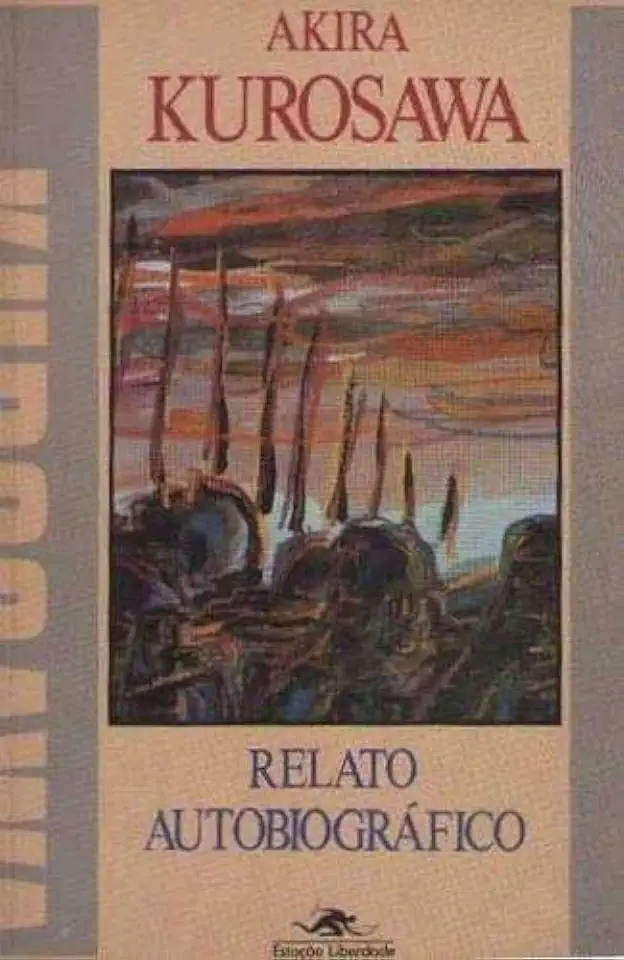
Autobiography of Akira Kurosawa
Autobiography of Akira Kurosawa: A Journey Through the World of Film
In this captivating autobiography, Akira Kurosawa, one of the most influential filmmakers of all time, takes readers on a personal and inspiring journey through his life and career. With his signature blend of passion, artistry, and unwavering dedication, Kurosawa shares his experiences, challenges, and triumphs, offering a rare glimpse into the mind of a cinematic genius.
Early Life and Influences
Born in 1910 in Tokyo, Japan, Kurosawa grew up in a world of art and culture. His father, a samurai descendant, instilled in him a deep appreciation for traditional Japanese values and aesthetics. Kurosawa's early exposure to silent films ignited his passion for cinema, and he soon found himself drawn to the works of renowned directors such as John Ford, Sergei Eisenstein, and F.W. Murnau.
The Path to Filmmaking
After graduating from high school, Kurosawa pursued his dream of becoming a filmmaker, joining the film industry as a painter of storyboards. His talent and determination quickly caught the attention of renowned director Kajiro Yamamoto, who became his mentor and introduced him to the art of directing.
Early Success and Critical Acclaim
Kurosawa's directorial debut, "Sanshiro Sugata" (1943), showcased his remarkable storytelling abilities and earned him critical acclaim. He followed this success with a series of groundbreaking films, including "Rashomon" (1950), "Seven Samurai" (1954), and "Throne of Blood" (1957), which garnered international recognition and cemented his status as a master filmmaker.
Collaborations and Creative Process
Throughout his career, Kurosawa forged strong collaborations with talented actors, cinematographers, and composers, including Toshiro Mifune, Takao Saito, and Masaru Sato. He meticulously crafted each film, paying attention to every detail, from the script and cinematography to the editing and sound design. Kurosawa's dedication to his craft resulted in visually stunning and emotionally resonant masterpieces that continue to captivate audiences worldwide.
Challenges and Controversies
Kurosawa's journey was not without its challenges. He faced financial difficulties, studio interference, and personal setbacks, but he never wavered in his pursuit of artistic excellence. His unwavering commitment to his vision and his willingness to push boundaries often led to conflicts with producers and critics, but it also resulted in some of his most iconic works.
Later Career and Legacy
In his later years, Kurosawa continued to explore new themes and genres, creating films such as "Dersu Uzala" (1975), "Kagemusha" (1980), and "Ran" (1985). His work continued to receive international acclaim, and he was honored with numerous awards and accolades, including an Academy Award for Lifetime Achievement in 1990.
A Master's Reflections
"Autobiography of Akira Kurosawa" is more than just a chronicle of a filmmaker's life; it is a profound meditation on the art of cinema, the creative process, and the human condition. Kurosawa's insights into filmmaking, his passion for storytelling, and his unwavering commitment to his craft make this autobiography a must-read for anyone interested in the world of film and the life of one of its greatest visionaries.
Why You Should Read This Book
If you are a fan of cinema, a student of filmmaking, or simply someone who appreciates great storytelling, then "Autobiography of Akira Kurosawa" is a book you cannot afford to miss. Immerse yourself in the world of this legendary filmmaker and discover the passion, artistry, and dedication that went into creating some of the most iconic films of all time.
Enjoyed the summary? Discover all the details and take your reading to the next level — [click here to view the book on Amazon!]